By Paul Hollick, chair of the Association of Fleet Professionals (AFP)
Few things promote co-operation among human beings like having a common problem. If everyone is facing the same issue, working together always seems to be much easier.
During the last few years, the fleet sector has been facing several significant common issues with the pandemic and electrification heading up that list, and it does seem to me that as a result, everyone is working together much more closely than in the past. Fleet managers are, more than ever, happy to talk.
Not that fleet has ever been a solitary occupation. There have always been events, trade bodies and informal networks where information and experiences were shared but this does seem to have grown noticeably.
The biggest single fact I can point to in support of this is the growth that we have seen at the Association of Fleet Professionals (AFP), with membership up 15% to 1,600 in the last year. That’s a big jump in a short time.
At the AFP, we offer many kinds of services but the heart of what we do is to promote dialogue. That means face to face events such as our forthcoming MemberExpo, annual conference, online open forums, digital chat groups, structured committees and soon, an app. This is an organisation that hums with talk all the time, and members tend to soon find a channel that suits them as a way to enter the conversation.
What has perhaps been most surprising to me in recent times has been the degree of openness that is now present. It feels as though much guardedness around talking about challenges or successes has been, to a degree, set aside.
Leasing companies that would once have suspiciously eyed sharing of best practice as something that might relinquish a competitive advantage; fleet managers who would’ve been embarrassed to talk about strategies that just didn’t work and are searching for further ideas; manufacturers who are having specific issues with specific models – all of these appear to be often much more likely to talk openly now than in the past.
Of course, the huge upside of all of this is that fleet issues are being tackled with greater energy and expertise.
As explained, the AFP provides several types of formal structure for this but people also often assemble themselves into informal teams and work together on the problems that are facing them. The outcomes produced through both routes are often impressive.
Both approaches have played a significant part in ensuring fleet car electrification is happening with relative ease, for example, and are also currently being employed to tackle the greater challenge of van electrification.
As someone who quite recently racked up their half century on the planet, I’m trying not to mention the old BT “It’s good to talk” advertising campaign because I’m aware that it might mean little to anyone born after the mid-1980s. However, it’s a slogan that in 2024, could very well serve as a good one for the fleet industry.

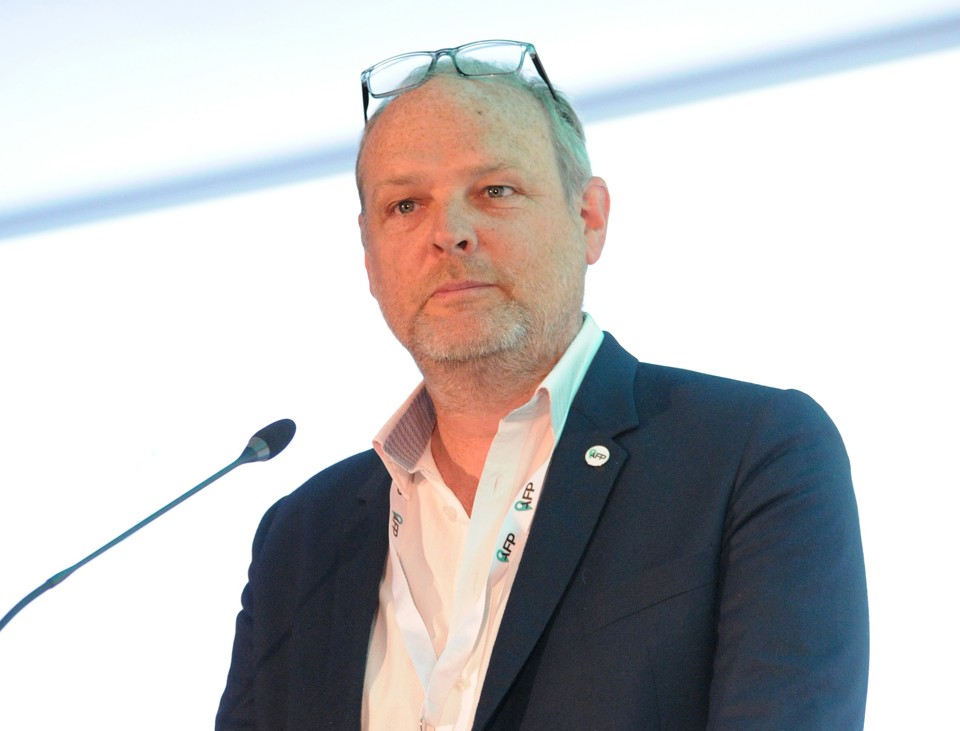


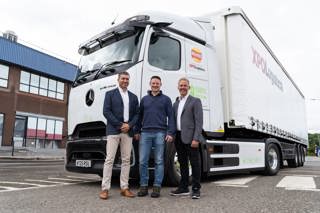
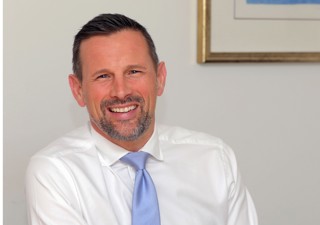
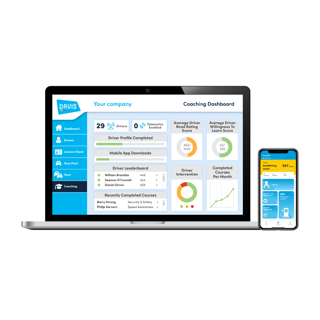

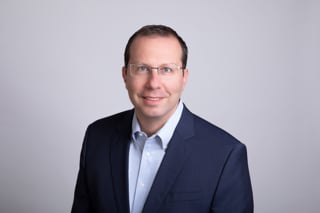











Login to comment
Comments
No comments have been made yet.